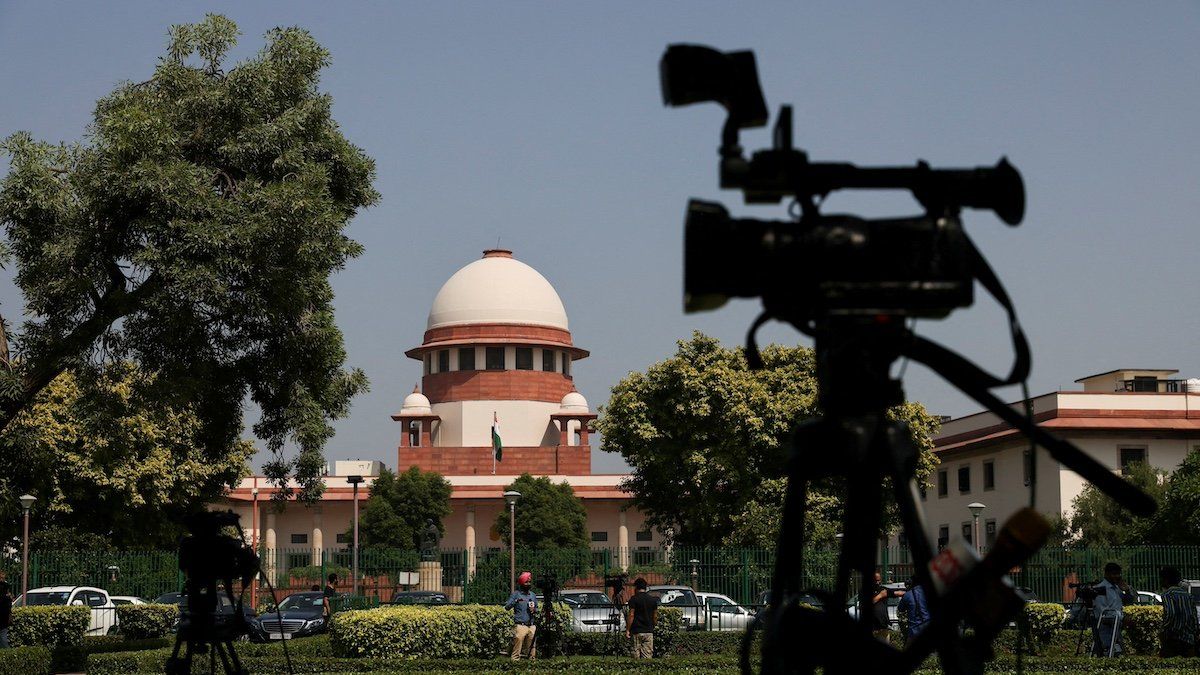India’s Supreme Court is hearing petitions this month and will soon rule on whether to criminalize marital rape, but the government opposes the idea, stating it would be “excessively harsh.” The Interior Ministry argues that while a man should face “penal consequences” for raping his wife, criminalizing the act “may lead to serious disturbances in the institution of marriage.”
The petitions seek to overturn Section 375 of India’s Penal Codewhich lists “exemptions” for sex to be considered rape, including “by a man with his own wife” if she is not a minor. A lower Delhi High Court delivered a split verdict on the issue in 2022, but when Prime Minister Narendra Modi’s government overhauled the country’s penal code in July, the exemption stayed on the books. Modi’s party, the conservative Bharatiya Janata Party, has longopposed changes for reasons of “illiteracy, poverty, social customs and values.”
But activists argue the 164-year-old law must be amended to combat systemic gender inequality. Sexual violence against women is rampant in India, andmedical workers are still striking over the August rape and murder of a trainee female doctor in Kolkata, for which a man was formally charged last Monday.
Around the world, more than 100 countries have outlawed marital rape. We’re watching whether public outcry – and a high court verdict - will force Modi’s government to do the same.
